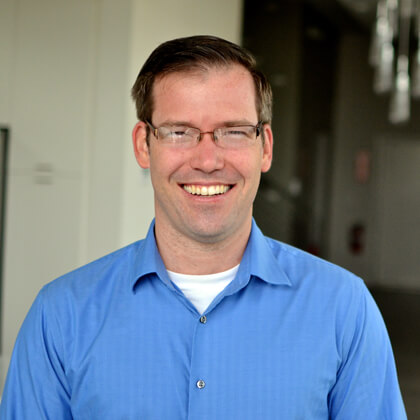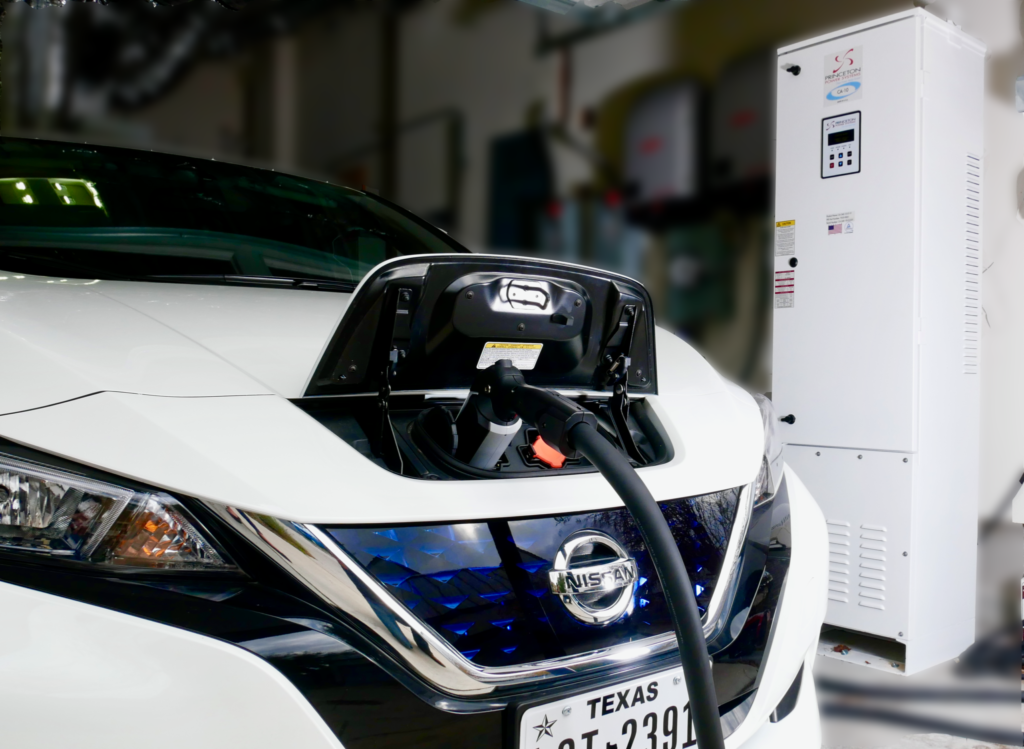August 1, 2019
 By Scott Hinson, chief technology officer, Pecan Street
By Scott Hinson, chief technology officer, Pecan Street
Most of the attention Pecan Street receives falls into two categories: our network of real-world energy research participants, and the massive database we created from our participants’ energy and water use. For researchers around the world, each is a one-of-a-kind resource.
Our network and data are also unique assets for companies of all sizes that need to test their technologies in real-world settings or verify their products with real-world energy and water data. Over the past 10 years, we’ve worked with global brands you’ve heard of, like LG Electronics, Eaton, GM and, Sony, on products ranging from HVAC load management hardware to electric vehicle charging to home automation.
We’ve also worked with many startups – companies that you may not know now but who are working on the innovative technologies that will reduce emissions, accelerate the use of clean energy, or save water.
One recent example is Saya, who participated in the PLATFORM program we created specifically for startups. Saya makes a suite of hardware and software that detects water use and, most importantly, leaks, for large multi-tenant buildings and apartment complexes. Using Pecan Street’s research infrastructure, Saya was able to demonstrate and validate its company’s core value and show investors and customers real-world performance data. Saya scored a recent contract in California and said that data from PLATFORM helped seal the deal.
We also worked with EEme, a Pittsburgh-based startup that can differentiate various household loads (uses) from the utility’s electric meter’s data. “Pecan Street helped EEme demonstrate and document our technology with real-world energy data,” said EEme founder Dr. Enes Hoşgör. The ability to prove out the accuracy of EEme’s product contributed to Tendril’s decision to acquire them earlier this year.
The commercialization lab we built in Austin has proven to be a valuable asset for our partners. As Fast Company described it just before it opened, the lab promotes “research, commercialization, and education tied to smart energy grids, advanced information technology, clean energy, and health care applications. As the nation’s first nonprofit smart-grid research lab, it’s going to give smaller businesses the ability to use equipment like a spectrum analyzer that would cost roughly an engineer’s annual salary, without the huge investment.”
And while especially attractive for startups, our testing capabilities have also helped major, established companies and utilities.
Wei Ren, senior engineer specialist at Eaton, led a project with Pecan Street to develop and test a next-generation residential demand response solution. “There’s no better testing lab than the real world,” said Ren. “Pecan Street has a unique and unmatched suite of testing and verification capabilities that will help our team deploy this exciting tech in real homes.”
 In the last year, we installed a vehicle-to-grid (V2G) charging station as part of our work with Austin Energy’s DOE-funded Austin SHINES project, making our lab the first location in Texas that can dispatch energy from an electric vehicle back to the grid when needed.
In the last year, we installed a vehicle-to-grid (V2G) charging station as part of our work with Austin Energy’s DOE-funded Austin SHINES project, making our lab the first location in Texas that can dispatch energy from an electric vehicle back to the grid when needed.
Each of these assets – our lab, our network, our data – are unique by themselves and have helped companies answer questions or prove technologies that would have taken much longer and more money to do alone. Together, however, they make an even more powerful difference for companies that are trying to invent the future of energy and water management.

















